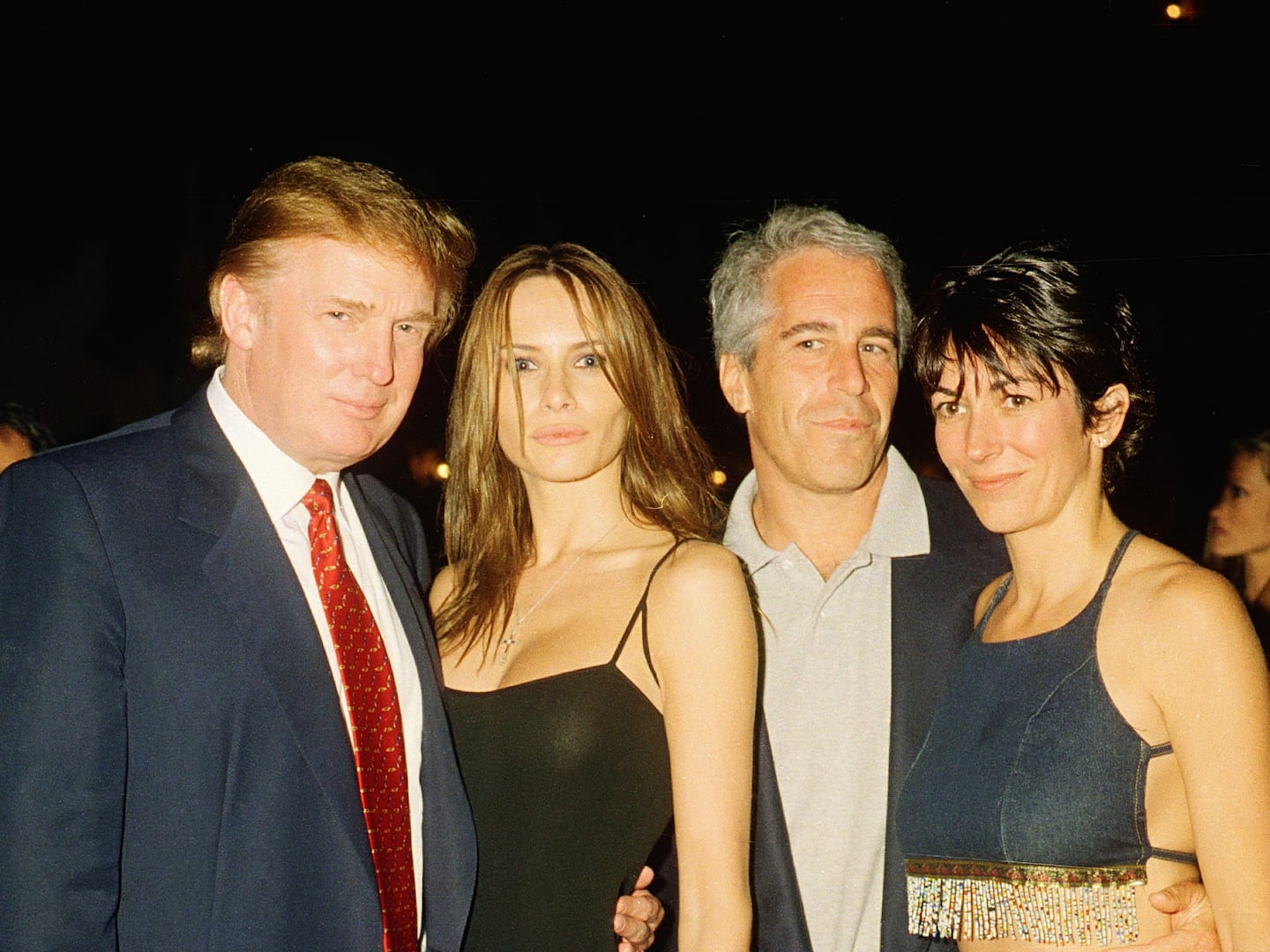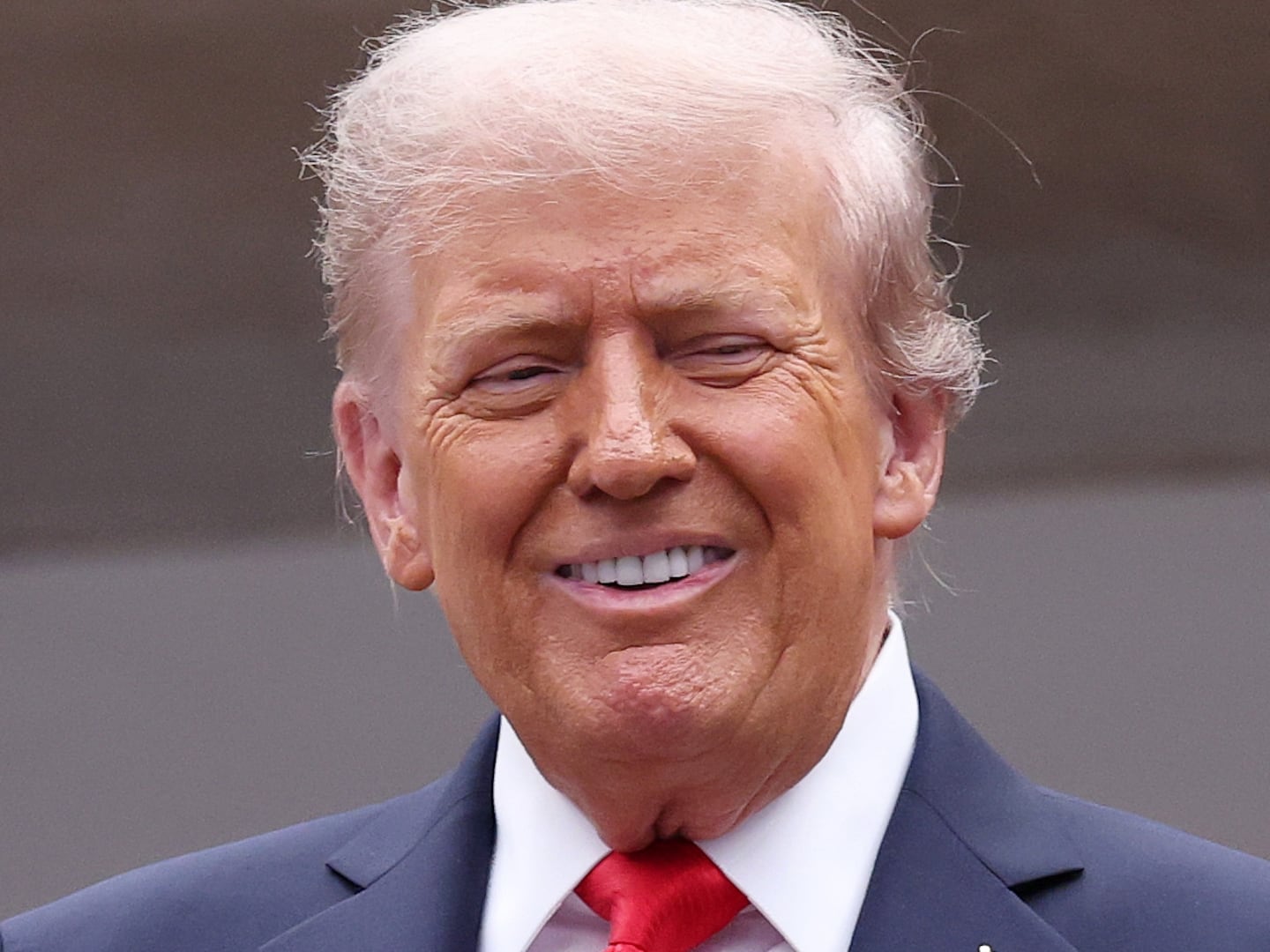If you’re not creeped out by the omniscient little robot consensually eavesdropping in your house, it might be time to reconsider.
Confirming the suspicions of some privacy advocates and a member of Congress, Amazon admitted in a letter to Congress that voice recordings stored by its Alexa in-home assistant devices do in fact remain on the company's servers indefinitely.
Last month, Senator Sen. Chris Coons (D-DE) wrote a letter to Amazon pressing the company for detail on its data retention practices. His line of questioning drew from CNET’s reporting that Amazon retains transcripts of all interactions with its in-home Alexa devices, even when a user manually deletes their voice history.
In his written response to Sen. Coons, Amazon’s Vice President of Public Policy Brian Huseman elaborated on its privacy policies, making it clear that all voice logs and transcripts are stored with no expiration date unless a user opts to manually delete them. And even when that data is deleted manually, some records will still be retained.
Amazon noted that it deletes transcripts from its “primary storage systems” when a user deletes the corresponding voice recordings, but described the effort to guarantee those transcripts don't live on in other places as ”an ongoing effort.“
According to Huseman, Amazon retains a record of a user's chats with Alexa, including interactions with “skills”—software experiences developed by third parties like Uber or Domino's—and those third parties can retain those records too. “Amazon and/or the applicable skill developer obviously need to keep a record of the transaction,” Huseman wrote, pointing to recurring requests as one example of why retaining this data is useful.
Sen. Coons lauded Amazon for its prompt response, but expressed concern at some of the details the company revealed. “The extent to which this data is shared with third parties, and how those third parties use and control that information, is still unclear,” Coons wrote in a statement.
While it’s not a scandal that a pizza chain might know your last order, Amazon's response does make it clear that the company errs on the side of data hoarding rather than making more aggressive policies around user privacy.
Given that Amazon’s online store aims to know customers better than they know themselves, that doesn't come as a surprise. ”Alexa is designed to get smarter every day,” Huseman said.
Amazon uses the transcripts it collects as a way to train its home assistant, but that doesn't mean there aren't humans involved in the process. As Bloomberg reported earlier this year, the company employs thousands of people to transcribe and annotate a portion of the voice recordings.
For anyone skittish about what Alexa might record by accident, Amazon offered the reassurance that it operates with a ”continuously overwritten” buffer that processes all speech overheard prior to a wake word (usually “Alexa”) triggering a recording.
Smart home assistants might be smart, but they're not perfect. Amazon Echo owners have reported their private conservations being erroneously recorded and sent off to someone on their contacts list. Amazon chalks these incidents up as “unlikely” errors.
“Alexa is designed to record and process as little audio from customers as possible,“ Huseman wrote. “Processing audio that was not intended for Alexa is costly, provides no value to Amazon, and is detrimental to our customers’ Alexa experience.”






